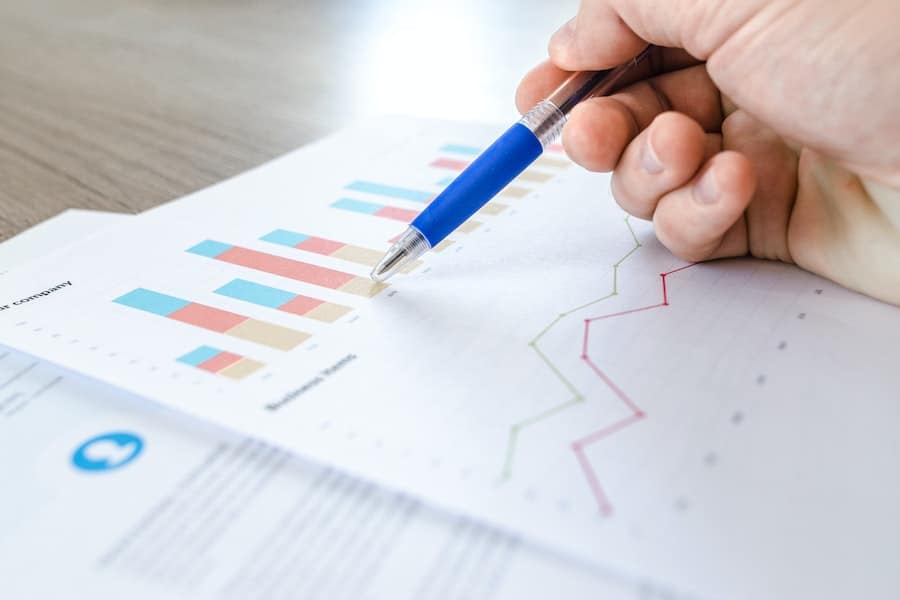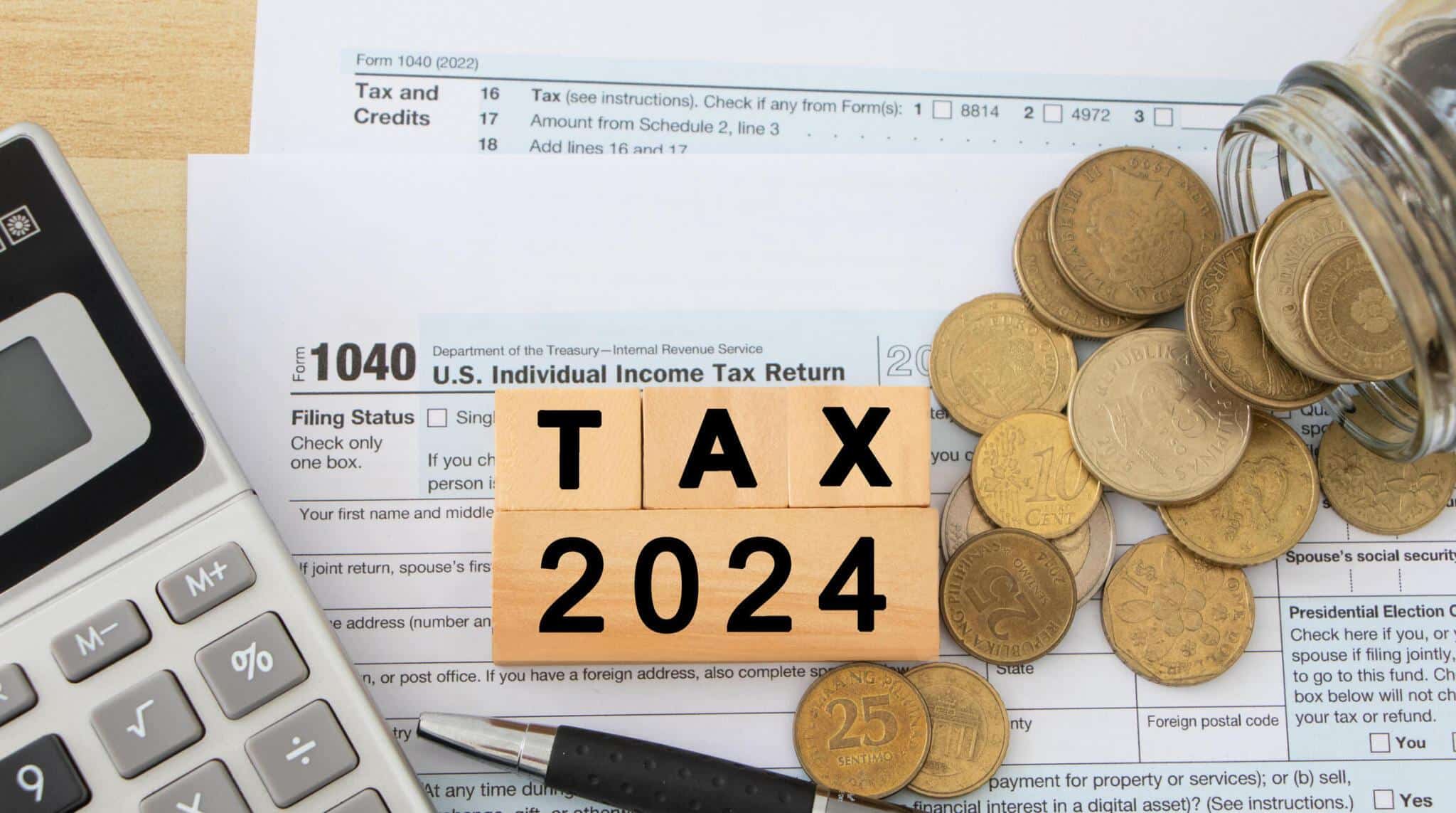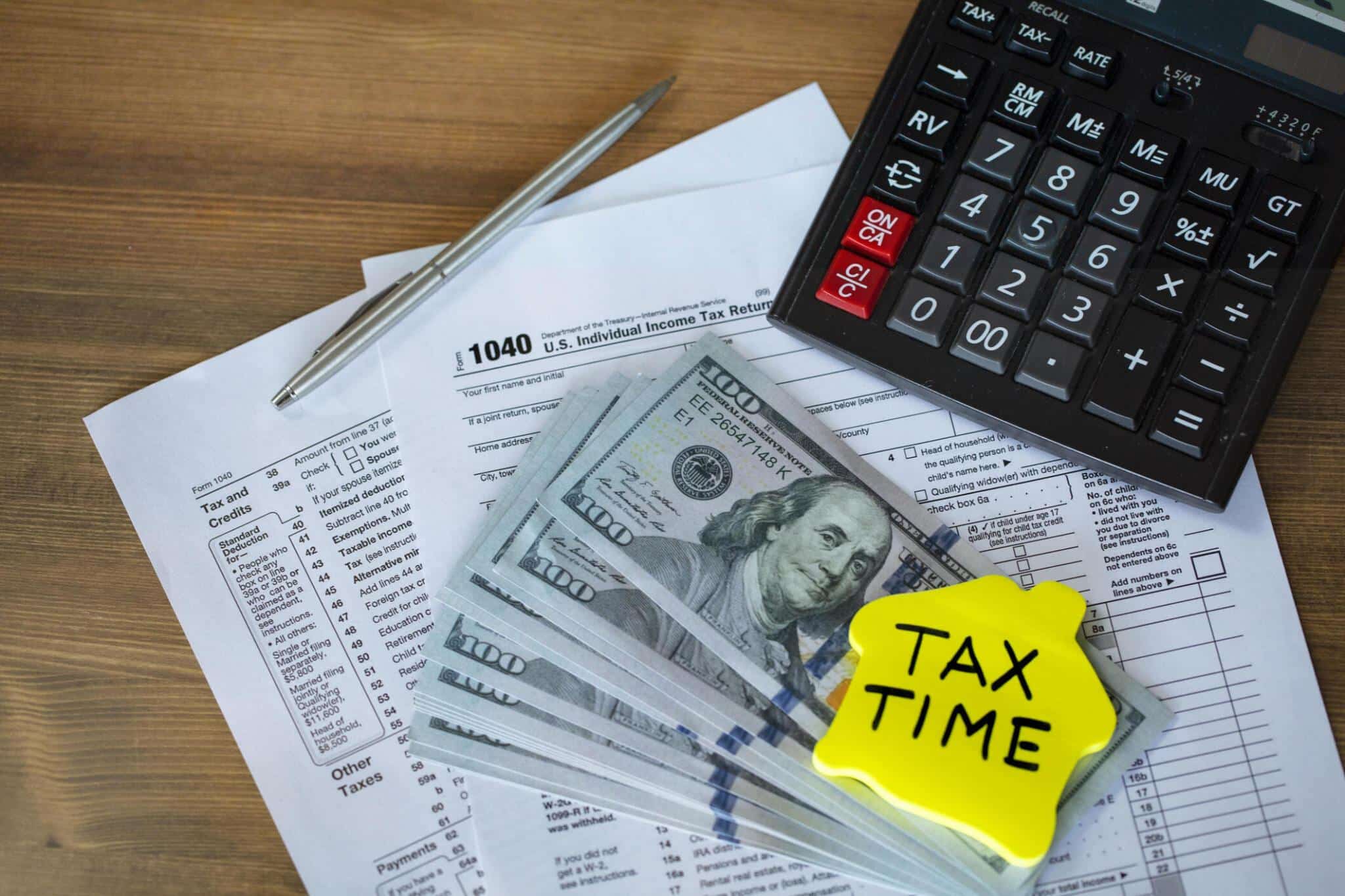Technology is advancing in leaps and bounds, affecting all areas of business and life.
In the world of accounting and tax, new innovations are improving accuracy and record-keeping. They are also helping with accountability when it comes to reporting and tax returns.
Whether you are an individual, an investor or a business owner, you may find the Australian Tax Office uses what’s known as ‘data matching’ to ensure your tax return and other tax-related updates are accurate.
The following information is helpful to know:
Data matching
The ATO describes data matching as “a powerful administrative and law enforcement tool.”
This technology uses digitally compiled information from various third-party sources and then validates and analyses it for use in educational and compliance activities.
Data matching is designed to “Protect honest people and businesses from unfair competition”. The ATO uses the technology to:
- Pre-fill tax returns, making it easier for everyone to lodge their tax at the end of the financial year
- Ensure people and businesses:
- lodge tax returns and activity statements when required to do so
- correctly declare their income and claim offsets and other benefits
- comply with their obligations
- Detect people and businesses operating outside the tax system
- Detect fraud against the Commonwealth
- Recover debt
The ATO runs data matching throughout the year, but most specifically when you lodge your tax returns.
Securing Australians’ Superannuation
Data matching is essentially a method of comparing one piece of information with another and seeing that they accurately match.
Various programs can run data matching, and they use algorithms to compare data to see that they are accurate.
The ATO has the power to review information related to your finances and income from a range of third-party sources. They then run the data through the program to ensure that things match and the information they receive is accurate.
The third parties that the ATO receive data from can include:
- Banks, financial institutions and investment bodies
- Employers
- State and territory motor vehicle registering bodies
- State and territory title offices and revenue agencies
- Government bodies
- Australian Transaction Reports and Analysis Centre (AUSTRAC) and our international treaty partners
- Online selling platforms
- Sharing economy facilitators
- Financial institutions providing merchant facilities and administrators of specialised payment systems
- Stock exchanges and share registries
- Cryptocurrency-designated service providers
Some of these organisations, such as banks and employers, even have a legal obligation to provide the ATO with the relevant data when asked.
Why is the ATO allowed to do this?
The main reason the ATO is allowed to collect data in this way is to fight fraud and rectify inaccurate tax returns.
If it believes the information you submit to the tax office is incorrect, data matching can be used to confirm this is the case.
All data that the ATO gathers goes through very thorough validation procedures to ensure that they are true and accurate. The ATO states will always:
- Check the data provider’s identity to prevent possible fraudulent reports
- Check for duplicate reports, so we don’t end up with two sets of data – if a second data set is received, we generally reject the earlier one
- Match reported data to valid TFN records in our systems
- Ensure overall integrity by identifying recurring quality issues in the data collecting and matching process
The ATO is also very careful when it comes to Aussies’ privacy.
Your privacy is protected by the Privacy Act 1988, the Income Tax Assessment Act 1936, the Taxation Administration Act 1953, as well as by the ATO’s own privacy policy.
Will data matching affect you?
If you are upfront with your accountant and provide accurate details about your business revenue and expenditure, data matching won’t affect you, except perhaps to make tax time easier.
The practice might affect you if your records are inaccurate or if the claims you submit are a long way from industry benchmarks.
To avoid investigation from the ATO, it makes sense to work with an experienced tax accountant throughout the year. Reach out to Mobbs & Company to find out more.










